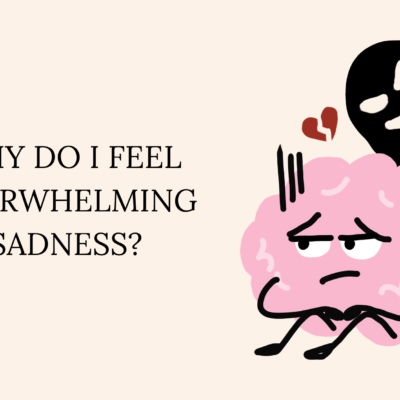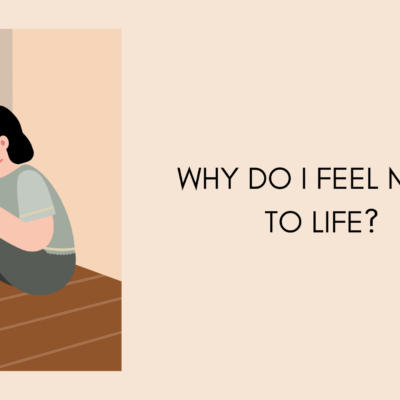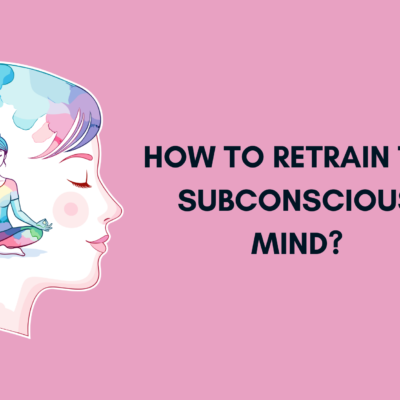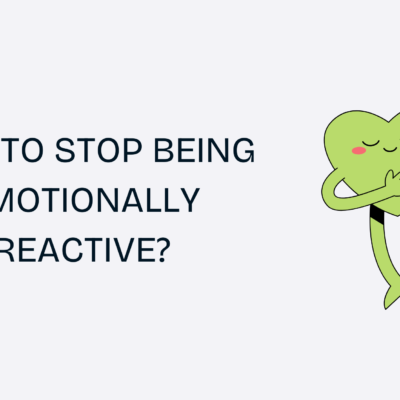How to Learn to Love Yourself Again: Life has a way of making us feel lost—especially when we’ve faced heartbreak, failure, rejection, or prolonged self-criticism. Somewhere along the way, we stop recognizing the person in the mirror. We become our harshest judge, holding onto mistakes, comparing ourselves to others, and silencing the voice that once said, “I am enough.”
But here’s the truth: you can learn to love yourself again. No matter what’s happened, no matter how far you’ve drifted from your self-worth, it’s possible to rebuild that relationship—with gentleness, patience, and honesty.
This article is your guide to healing your relationship with yourself. Not through toxic positivity or overnight fixes, but through real, steady practices that help you feel whole again.
Also Read:
1. Acknowledge That You’ve Drifted Away
The first step is to admit something many people avoid: You’ve stopped loving yourself.
That doesn’t make you weak or broken—it makes you human. Life hurts sometimes. People leave. We fail. We say the wrong thing. And over time, we start to believe that we’re not worthy of love, even from ourselves.
Say it out loud or write it down:
- “I don’t feel connected to myself.”
- “I’m tired of being my own enemy.”
- “I want to come home to myself.”
Why it matters:
Awareness is the first step to healing. You can’t fix what you won’t face. This isn’t about blame—it’s about acknowledging where you are so you can begin the journey forward.
2. Let Go of the Inner Critic (Even a Little)
We all have an inner critic—the voice that says:
- “You’re not good enough.”
- “You always mess things up.”
- “Why can’t you be more like them?”
This voice might sound like someone from your past—a parent, teacher, or ex. Over time, we internalize that voice until it becomes our own. The key to self-love is learning to quiet that critic and replace it with compassion.
Try this:
- When you catch the inner critic, pause and ask: Would I say this to someone I love?
- Replace “I’m such a failure” with “I’m doing the best I can.”
- Talk to yourself like you would talk to a child who is hurting.
Why it matters:
Self-love starts in the language we use with ourselves. Compassion softens the edges of shame and begins to heal old wounds.
3. Reconnect With Who You Really Are
Many of us stop loving ourselves because we’ve become disconnected from who we truly are. We start living based on others’ expectations or society’s standards—and lose sight of our passions, values, and dreams.
Questions to ask yourself:
- What did I love doing before I started doubting myself?
- What kind of person do I want to be?
- What makes me feel alive, even a little?
Activities to help:
- Journal about who you were before the pain.
- Make a playlist of songs that reflect your true self.
- Spend time doing something that once brought you joy—art, dance, hiking, writing, anything.
Why it matters:
To love yourself, you have to know yourself. Reconnecting with your identity reminds you that there is something within you worth loving.
4. Forgive Yourself for the Past
Self-love cannot grow in the shadow of shame. If you’re carrying guilt or regret from the past—mistakes, failures, choices—you must learn to forgive yourself.
Say to yourself:
- “I did what I knew how to do at the time.”
- “I’ve learned and grown since then.”
- “I don’t deserve lifelong punishment for a moment of pain.”
Try this exercise:
Write a letter to your past self. Say everything you need to say—anger, sadness, apology, forgiveness. Then read it out loud or burn it as a symbolic release.
Why it matters:
Self-love requires self-forgiveness. Until you let go of who you were, you can’t fully embrace who you are becoming.
5. Set Boundaries That Protect Your Peace
When you constantly say “yes” to others while saying “no” to yourself, you slowly lose self-respect. Loving yourself means honoring your time, your energy, and your well-being.
Boundaries might include:
- Saying no to people who drain you
- Logging off social media when it triggers insecurity
- Taking time for rest without guilt
Affirmations to practice:
- “I’m allowed to protect my peace.”
- “Saying no doesn’t make me selfish—it makes me whole.”
- “I am not responsible for other people’s happiness.”
Why it matters:
Self-love isn’t always soft—sometimes it’s fierce. It means protecting your heart and your time like you would for someone you love deeply.
6. Do One Loving Thing for Yourself Every Day
Self-love grows in small actions. It doesn’t have to be big. What matters is the intention behind it: “I’m doing this because I matter.”
Examples:
- Making your bed to create a calm space
- Taking a walk just to breathe and move
- Drinking water like you care about your body
- Looking in the mirror and smiling at yourself
- Reading something that uplifts your spirit
Why it matters:
These small acts build self-trust. Each time you do something loving for yourself, you’re reminding your mind and heart: I’m worth it.
7. Surround Yourself With People Who Reflect Your Worth
The people you surround yourself with can either help you love yourself or make you question your value. Choose people who see your light—even when you can’t.
Look for people who:
- Speak kindly to you and about you
- Support your growth, not just your comfort
- Inspire you to be more of who you are—not less
Let go of:
- People who belittle you, manipulate you, or make you feel small
- Spaces that make you shrink or pretend
Why it matters:
Self-love becomes easier when you’re loved well by others. Your environment either supports or sabotages your healing.
8. Celebrate Small Wins and Progress
Often, we don’t love ourselves because we think we’re not “there” yet. We only approve of ourselves when we’ve achieved something big. But real self-love celebrates the journey, not just the destination.
Celebrate when you:
- Get out of bed on a hard day
- Say no when you would’ve said yes out of guilt
- Choose rest instead of burnout
- Speak kindly to yourself once
Why it matters:
Self-love is a practice of appreciation. Every small win proves that you’re capable, worthy, and growing—right now.
9. Make Peace With Imperfection
One of the biggest barriers to self-love is perfectionism. We think we have to be flawless to be lovable. But being human means being messy, inconsistent, and unfinished—and loving yourself anyway.
Remind yourself:
- “I can be a work in progress and still be worthy of love.”
- “Perfection is an illusion—I choose authenticity.”
- “I don’t have to earn love. I already deserve it.”
Try this:
Post a sticky note on your mirror: “I love myself as I am, not as I think I should be.”
Why it matters:
Perfection is unattainable—but self-acceptance is powerful. True love doesn’t come after you “fix” yourself. It begins when you embrace yourself as you are.
10. Give Yourself Time
Healing your relationship with yourself isn’t linear. Some days, you’ll feel proud and strong. Other days, you’ll doubt everything. That’s okay.
Give yourself:
- Time to feel
- Space to grow
- Patience when it’s hard
Affirm often:
- “I am not behind.”
- “I am learning how to love myself, one day at a time.”
- “Every step, even the messy ones, counts.”
Why it matters:
Self-love is not a switch—it’s a slow becoming. And every small act of grace you offer yourself today builds the foundation for the person you’re becoming tomorrow.
Conclusion: Coming Home to Yourself
Loving yourself again is one of the bravest things you’ll ever do. It means breaking free from years of self-judgment, rewriting the story of who you are, and choosing to treat yourself with the tenderness you always deserved.
This journey isn’t easy—but it’s worth it. Because when you come home to yourself, you stop chasing love, approval, and validation from the outside world. You realize it was within you all along.
So take a deep breath. Look in the mirror. And whisper this, even if it feels uncomfortable:
“I am learning to love myself. And that is enough.”






